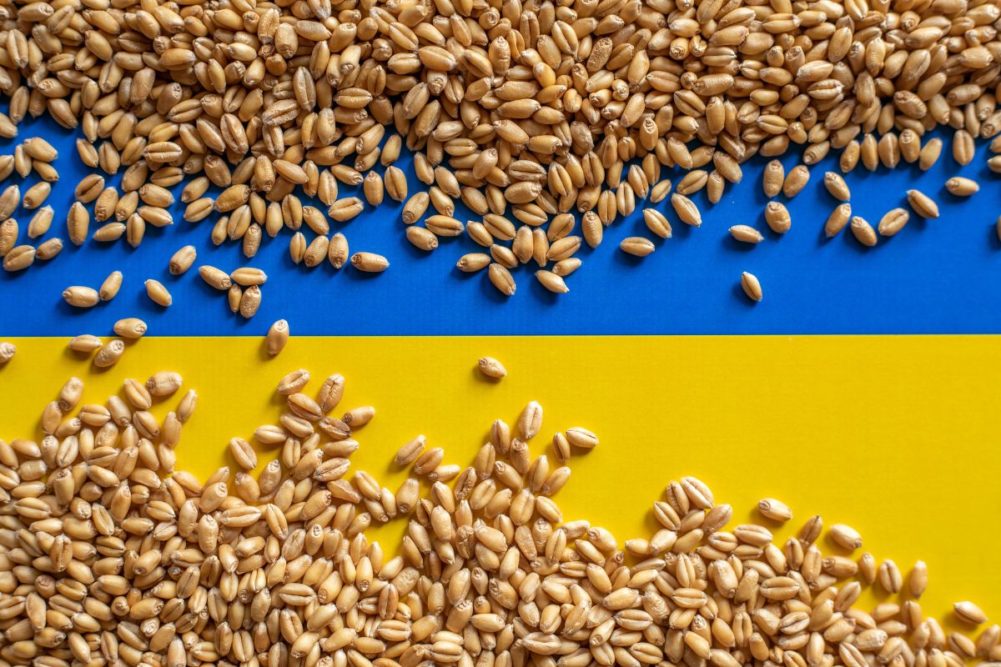EU commissioner urges extension of Ukraine grain import ban

The EU agriculture commissioner said on Tuesday it is necessary to extend restrictions on grain imports from Ukraine until at least the end of October, despite fierce opposition from Kyiv.
The restrictions have also caused a rift among European Union members.
The ban follows complaints from eastern EU countries that a surplus of Ukrainian grain is driving down local prices and impacting local farmers.
The EU eventually made an agreement with the five states involved – Bulgaria, Hungary, Poland, Romania and Slovakia – to allow them to block the import of grain from Ukraine.
European Commissioner for Agriculture Janusz Wojciechowski said at a press briefing on Tuesday that “we need to prolong, best to the end of the year but minimum to the end of October”.
“The problem… is that there is more grain in the storage of the front-line (countries) than in Ukraine, and this is the reason that we should prolong this temporary import ban for improvement of the situation in the frontline countries,” he said.
Ukrainian President Volodymyr Zelensky has already slammed the export restrictions on his war-torn country as “completely unacceptable”.
The restrictions have also been contested by 12 EU countries including France and Germany, who expressed concerns over a “lack of transparency” and warned it risked undermining Europe’s single market.
Mr Wojciechowski said on Tuesday that the European Commission had not yet adopted its position.
He added, however, that he hoped he had “managed to convince the remaining member states that this is only fair”.
Mr Wojciechowski was speaking at a press briefing during an EU agriculture meeting also attended by Ukrainian Agriculture Minister Mykola Solskyi, who said it was “not right” for the restrictions to continue.
They are currently set to end on June 5.
Russia’s invasion last year severely limited the traditional export channel of Ukrainian grain via the Black Sea, necessitating export overland via Ukraine’s neighbours.
Member states agreed to allow the import of certain products from Ukraine without quantitative restrictions, and without customs and official inspections.
But farmers in some EU countries protested after a slump in prices, prompting a raft of restrictions and bans on Ukraine’s food exports in response.
Read also
Wheat in Southern Brazil Impacted by Dry Weather and Frosts
Oilseed Industry. Leaders and Strategies in the Times of a Great Change
Black Sea & Danube Region: Oilseed and Vegoil Markets Within Ongoing Transfor...
Serbia. The drought will cause extremely high losses for farmers this year
2023/24 Safrinha Corn in Brazil 91% Harvested
Write to us
Our manager will contact you soon



